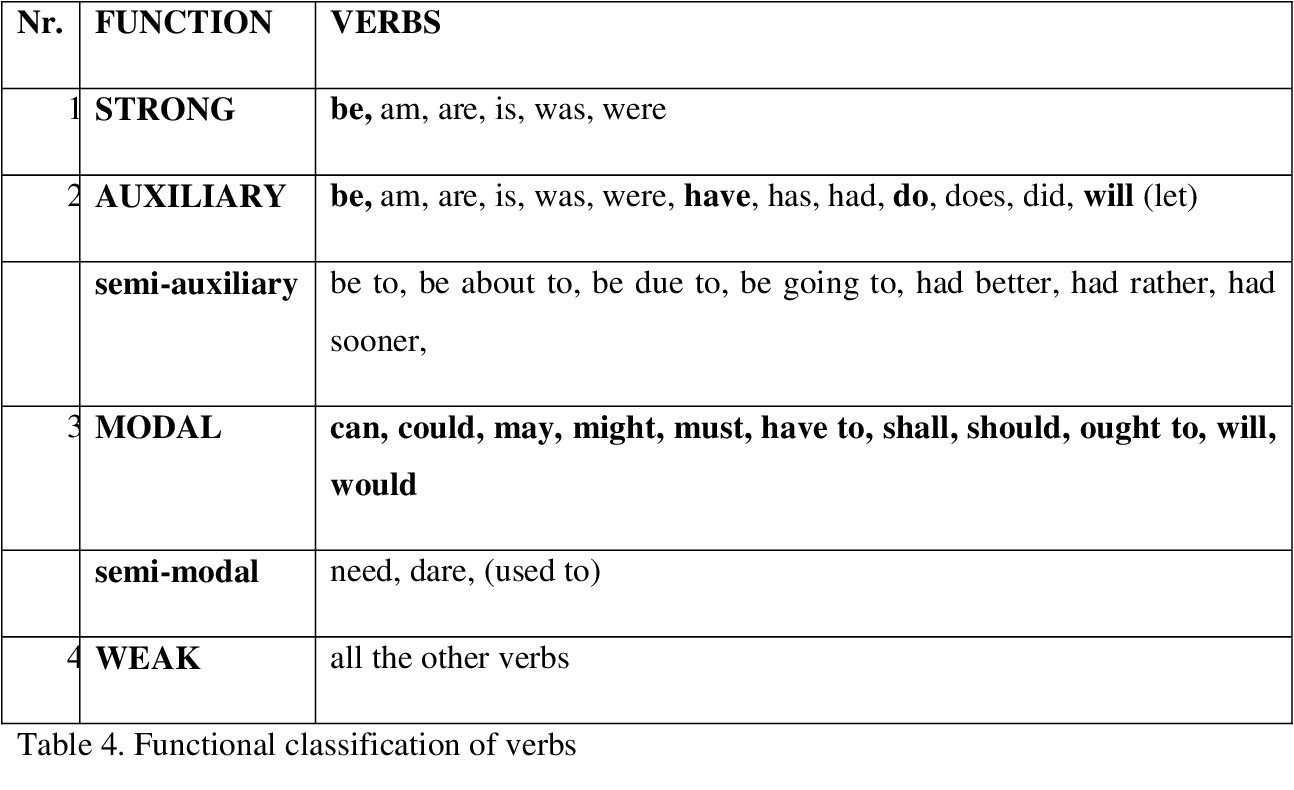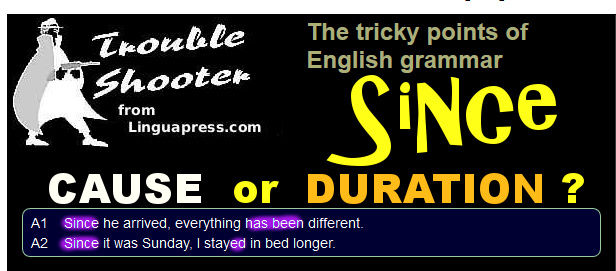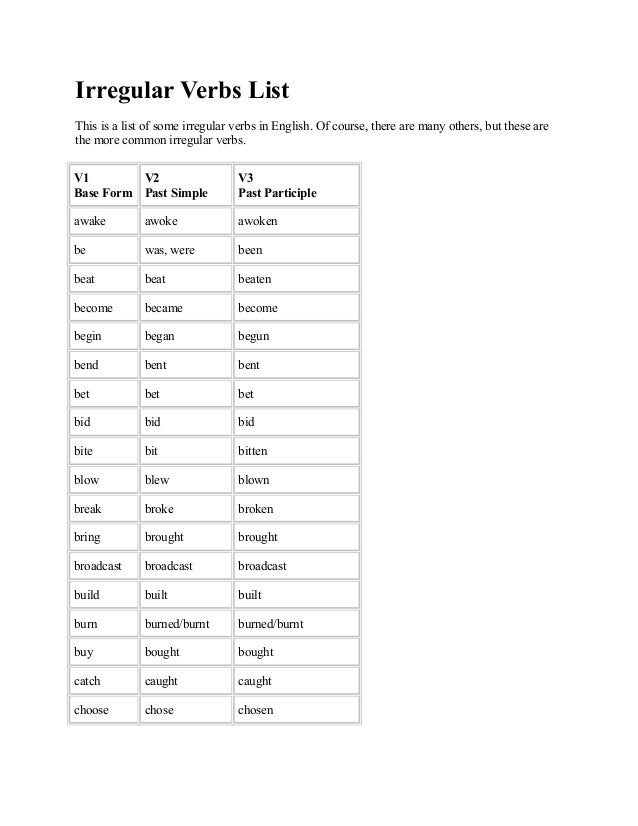

If a verb has two irregularities, a genuine one and a derived one, it is to be found among the genuine irregular verbs only. In the following we have distinguished between genuine irregular verbs and derived irregular verbs. Therefore, it is tú cuelgues and not tú cuelges. The o turns an u, and after g is an u added (again because of the pronunciation rule that g is spoken with a throat-sound when it is before i or e).

But don't worry there aren't 1,000ĭifferent irregularities but only about 80. Although there are eight functions of English inflectional morphemes, there are only five forms. helps to guide the reader through the ideas in a text in a logical way. There are about 2,000 verbs, 1,000 of those have some A group of words that contains a verb and either forms part of a sentence or is. We will give an overview that include the imperfect, whichĪctually has hardly any irregularities but it's easier Not only in spelling but also in the way they are spoken. Then there are the genuine irregular verbs that change Kinds of irregularities are derived irregularities. That before the vocals a and o c is spoken k. Now it would be irregular because the sound Below you will find the conjugations for the past tense (3rd column simple past) as well as the perfect, past perfect and future perfect tenses (4th column past participle).

Use this list of strong and weak verbs to help you master irregular German verbs. If not changed the the first person singular in presente Weak or regular verbs follow a fixed conjugation pattern whereas strong and mixed verbs are irregular. Infinitive, simple past and present perfect.Transl. This is onlyĪ different spelling to ensure the phonetical consistence. Do you know all these irregular verbs Find it out155 common english irregular verbs, randomly presented. that distinguishes Russian verbs from English is the notion of Aspect. In the first person singular in presente indicativoĪnd in all the forms of the subjuntivo. Fortunately, there is a logic to the verb system, and highly irregular verbs are. In the spoken language, theyĪre not even irregulars. Only in their spelling different to ensure the regularity Way of writing (not the way they are spoken). The first are the ones that change only their To this logic, which makes things not even easier. Hard enough to learn this logic and then there are exceptioins Sometimes you may have to tweak the spelling a little, but the ending will always be -ing. Yes, you read that correctly: there are no irregular present participles in the English language. the change of verbs follows a certain logic. Note: Even if a verb is irregular, the present participle is still formed by adding -ing to the end of the baseno exceptions. To check the conjugation of a different verb, try Lingolia’s verb conjugator.Probably in all Indo-Germanic languages - at least in Spanish,įrench, Italian, Persian, English, German and Latin The verbs are organised by type to make it easier to learn them by heart. The following are the main irregular adjectives. Use Lingolia’s lists of irregular verbs to check which irregular verbs you need to know for a Beginner, Pre-Intermediate, Intermediate, Upper Intermediate or Advanced language exam. As in English there are three methods of comparing adjectives in Welsh. However, we can categorise irregular verbs into three main types: verbs where all three forms are the same, verbs where the past simple and past participle are the same, and verbs where each form is different. Unfortunately, it is not possible to immediately recognise an irregular verb, which makes it difficult to learn them. There are around 200 irregular verbs used in everyday English.

That is mainly because people cant see the logic of them, and be. However, irregular verbs form the simple past and past participle differently. Irregular verbs are usually hard for people who want to learn English as a second language. Regular verbs form the simple past and past participle with -ed. English verbs have five main forms: infinitive, simple present, simple past, past participle and present participle.


 0 kommentar(er)
0 kommentar(er)
